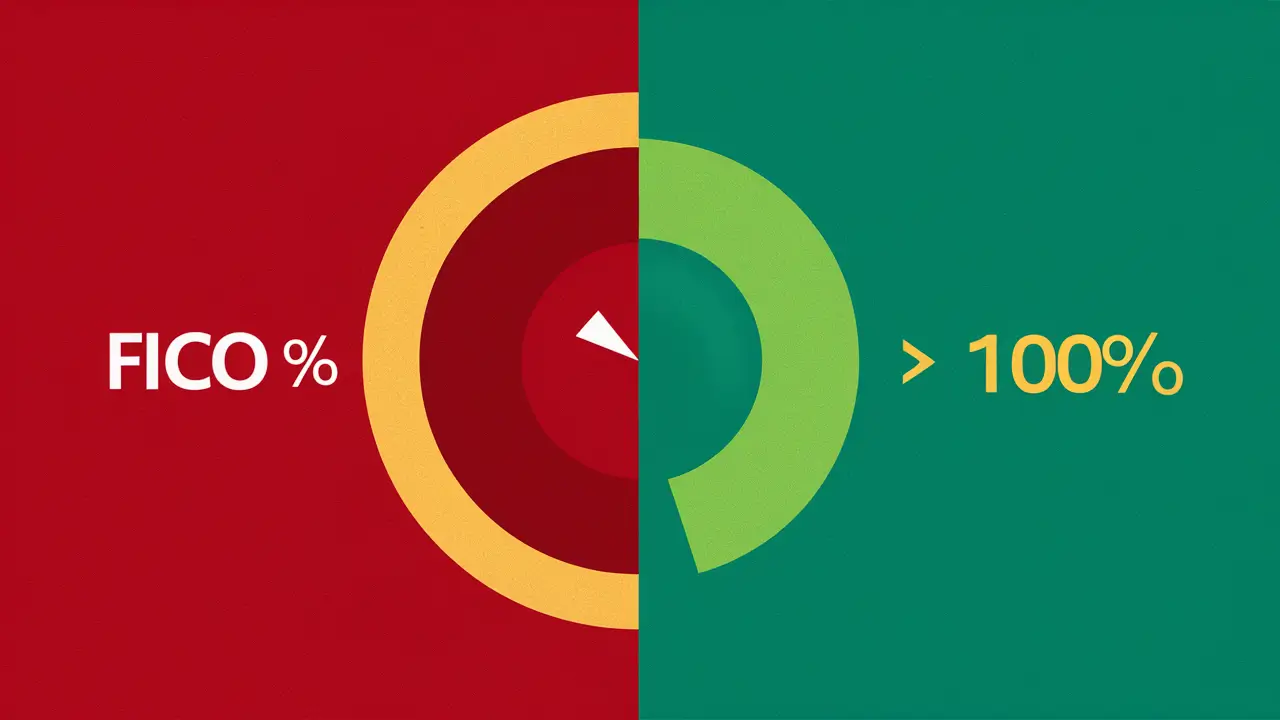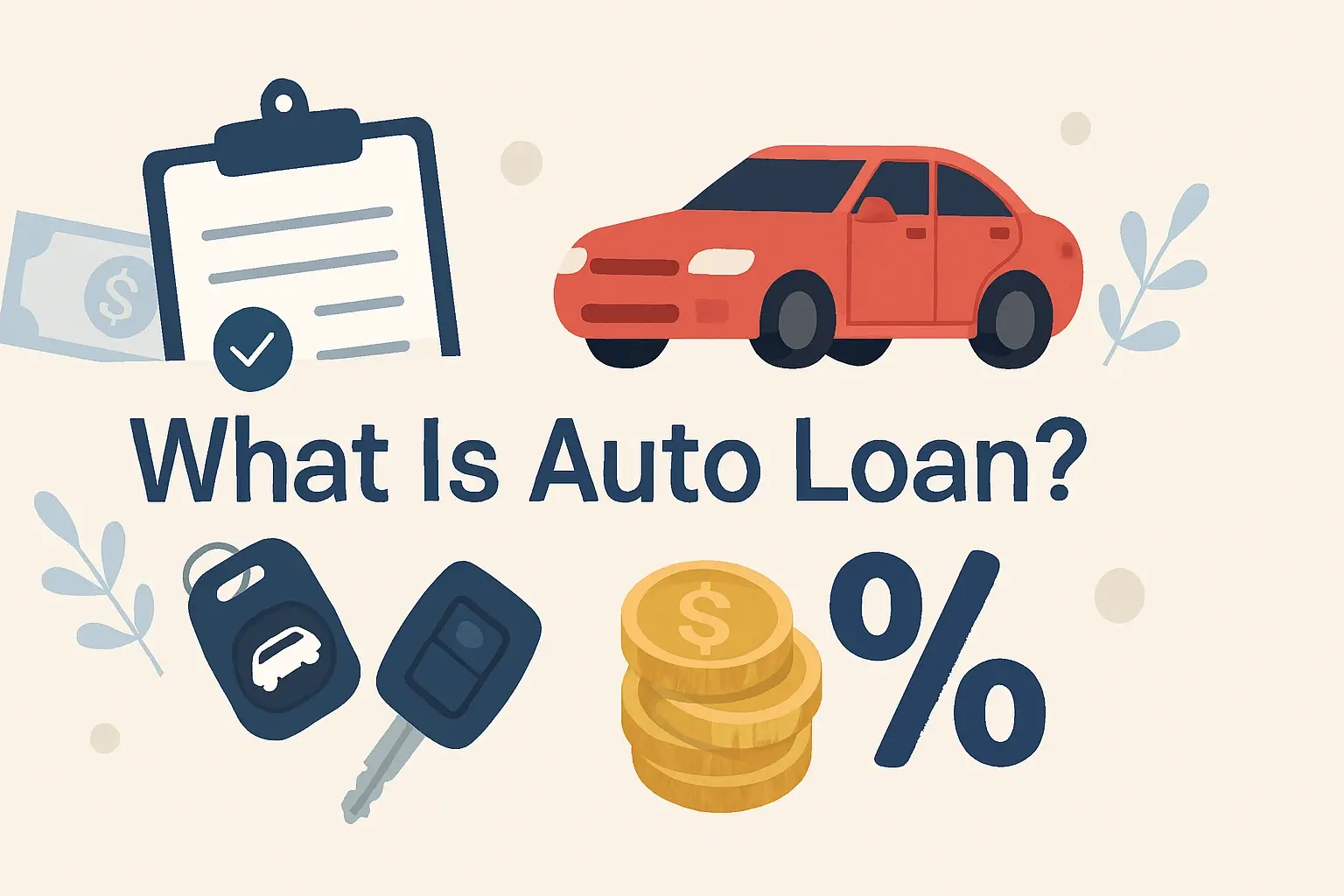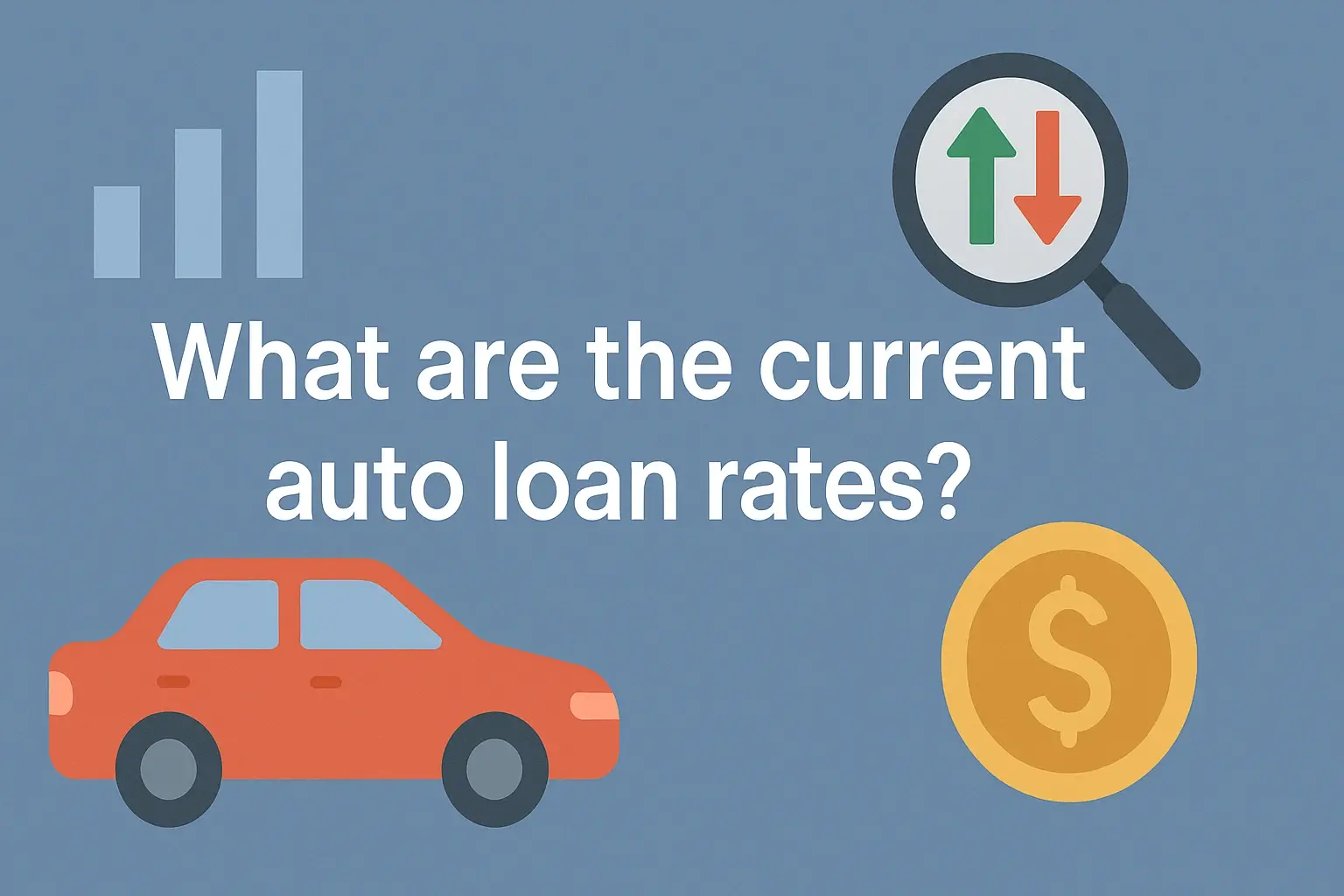-
Posted on: 25 Jul 2024

-
It's a common frustration: you diligently check your credit score on Credit Karma, feeling good about the number you see, only to be shocked when you apply for a loan and discover your FICO score is significantly lower, sometimes by as much as 100 points or more. This discrepancy can be alarming and leave you wondering what's going on. The truth is, the difference isn't necessarily a mistake, but rather a result of different scoring models, data sources, and reporting practices.
Understanding the Core Difference: FICO vs. VantageScore
The primary reason for the discrepancy lies in the fact that Credit Karma primarily provides scores based on the VantageScore model, while lenders almost universally rely on the FICO (Fair Isaac Corporation) scoring model. Although both aim to assess creditworthiness, they use different algorithms and weigh credit factors differently.
What is FICO?
FICO is the most widely used credit scoring model in the United States. Developed by the Fair Isaac Corporation, it's been refined over decades and is considered the gold standard for lending decisions. Lenders trust FICO scores because of their proven track record in predicting loan repayment behavior. There are multiple versions of FICO scores, each with slight variations. Common versions include FICO Score 8, FICO Score 9, and industry-specific scores (e.g., FICO Auto Score, FICO Bankcard Score).
What is VantageScore?
VantageScore was created by the three major credit bureaus (Equifax, Experian, and TransUnion) to provide a more competitive alternative to FICO. While it aims to be just as accurate, it uses a slightly different methodology. VantageScore models have also evolved, with VantageScore 3.0 and VantageScore 4.0 being the most recent versions. One key difference is that VantageScore can generate a score even with a shorter credit history than FICO, making it potentially accessible to more consumers.
Key Factors Contributing to Score Differences
Here's a breakdown of the main reasons why your FICO score and VantageScore (as seen on Credit Karma) might differ:
- Different Scoring Models: As mentioned, FICO and VantageScore use different algorithms. They weigh various credit factors differently. For example, FICO might place more emphasis on payment history, while VantageScore might give more weight to credit utilization.
- Data Sources: Credit Karma often uses data from TransUnion and Equifax, but not always Experian. Lenders, on the other hand, may pull credit reports from all three bureaus (Equifax, Experian, and TransUnion) to get a comprehensive view of your credit history. If there are discrepancies between the reports at each bureau, it will directly impact your FICO score. Even if Credit Karma shows scores based on two bureaus, if the lender checks all three, the score obtained from the third bureau can pull the average FICO score down.
- Scoring Ranges: While both FICO and VantageScore use a score range, the common ranges differ slightly. FICO typically ranges from 300 to 850, while VantageScore used to range from 501 to 990 (older versions). However, newer VantageScore versions (3.0 and 4.0) also use the 300-850 range, aligning with FICO. Even with the same range, the interpretation of each score within that range can vary.
- Credit History Requirements: FICO generally requires a minimum credit history (typically at least six months of activity and at least one account reported for six months or longer) to generate a score. VantageScore, in contrast, can score individuals with shorter credit histories. If you're new to credit, your VantageScore might be higher simply because FICO isn't able to generate a score at all.
- How Information is Weighed: Both scoring models consider factors like payment history, amounts owed, length of credit history, credit mix, and new credit. However, the weight assigned to each factor differs. This means that even with the same credit information, the resulting score can vary significantly.
- Timing of Updates: Credit reports are dynamic and constantly updated. The information that Credit Karma sees might not be the exact same information a lender sees when they pull your credit report. There could be delays in reporting, or the lender might be pulling a report more frequently than Credit Karma updates its information.
- Specific FICO Versions: Lenders use different versions of the FICO score. For instance, mortgage lenders often use older FICO versions (like FICO Score 2, 4, and 5), which may weigh factors differently than the more recent FICO Score 8 or 9.
Why Lenders Prefer FICO Scores
The widespread preference for FICO scores among lenders stems from several factors:
- Predictive Accuracy: FICO scores have a long track record of accurately predicting loan repayment behavior. Lenders rely on this predictability to assess risk and make informed lending decisions.
- Industry Standard: FICO is the established industry standard, and lenders are familiar with its nuances and performance. Switching to a different scoring model would require significant investment and training.
- Regulatory Compliance: In some cases, regulations may require lenders to use specific credit scoring models, often including FICO.
- Historical Data: FICO has a vast amount of historical data that allows for continuous refinement and improvement of its scoring algorithms.
How to Get an Accurate Picture of Your Credit Health
Given the potential discrepancies between FICO and VantageScore, it's crucial to take a multi-faceted approach to understanding your credit health:
- Obtain Your FICO Scores: Don't rely solely on Credit Karma. Purchase your FICO scores directly from myFICO.com or through other reputable providers. This will give you a more accurate representation of the scores lenders are likely to see.
- Check Your Credit Reports Regularly: Get free copies of your credit reports from Equifax, Experian, and TransUnion at AnnualCreditReport.com. Review them carefully for any errors or inaccuracies. Dispute any errors you find with the credit bureaus.
- Understand the Factors Affecting Your Scores: Familiarize yourself with the factors that influence both FICO and VantageScore. This includes payment history, credit utilization, length of credit history, credit mix, and new credit.
- Monitor Your Credit Regularly: Use credit monitoring services to track changes in your credit reports and scores. This can help you identify potential fraud or errors early on. Many credit card companies now offer free credit monitoring as a perk.
- Focus on Improving Key Credit Factors: Make on-time payments, keep your credit utilization low (ideally below 30%), and avoid opening too many new accounts at once.
- Know Which FICO Score Matters Most: If you are applying for a specific type of loan (mortgage, auto, etc.), find out which FICO score version the lender will be using. This information can often be found on the lender's website or by asking a loan officer directly.
What to Do If You Find Inaccuracies
If you discover errors or inaccuracies on your credit report, it's essential to take immediate action:
- Dispute the Error: File a dispute with the credit bureau reporting the inaccurate information. You can typically do this online or by mail. Be sure to provide supporting documentation to back up your claim.
- Contact the Creditor: If the error stems from a specific creditor, contact them directly to resolve the issue.
- Follow Up: Keep track of your disputes and follow up with the credit bureaus and creditors to ensure they are investigating the matter.
The Importance of Maintaining Good Credit
Regardless of the specific score, maintaining good credit is crucial for accessing favorable interest rates, securing loans, and qualifying for other financial products. Good credit can also impact your ability to rent an apartment, get a job, and even obtain insurance. By understanding how credit scores work and taking steps to improve your credit health, you can unlock a wide range of opportunities.
In conclusion, the difference between your FICO score and Credit Karma's score isn't necessarily cause for alarm, but it's important to understand the underlying reasons for the discrepancy. By focusing on building a strong credit history and monitoring your credit reports regularly, you can ensure you're getting the best possible rates and terms on loans and other financial products.











